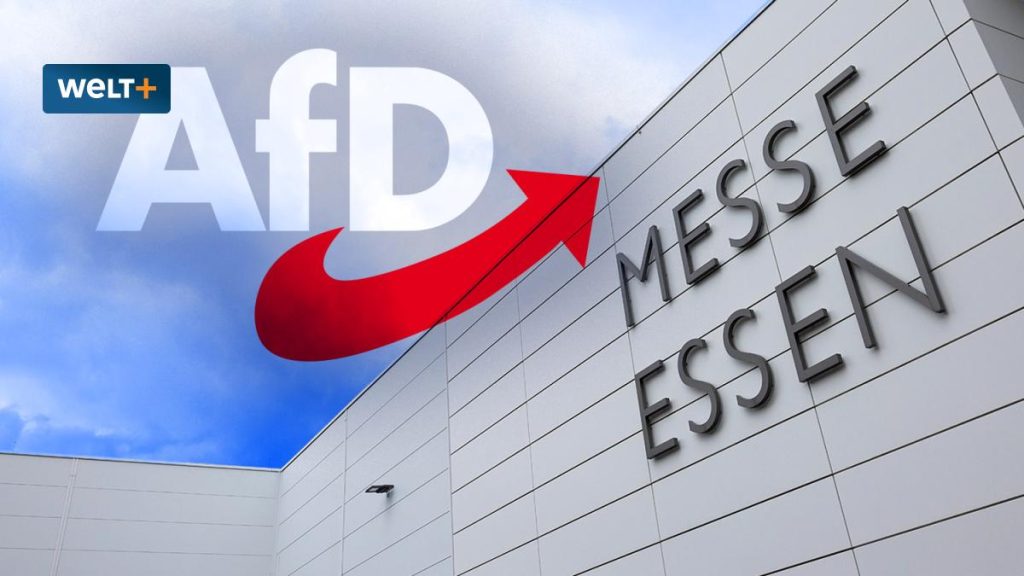The city of Frankfurt is facing a unique situation as the far-right political party Alternative for Germany (AfD) plans to hold a conference in the city. The announcement of the AfD’s visit has stirred up a mix of anticipation, concern, and controversy among the city’s residents and officials. With the AfD being a polarizing and divisive party known for its extremist views, many fear that their presence could incite unrest and protests in the city. The authorities are preparing for potential security risks and tensions that may arise during the conference.
The AfD’s visit has sparked a debate among the citizens of Frankfurt, with some expressing support for the party’s right to hold their conference and others vehemently opposing their presence in the city. Many are worried about the potential impact of the AfD’s rhetoric on social cohesion and the rise of hate speech and discrimination in the city. The city’s mayor has urged residents to remain calm and peaceful in their responses to the AfD’s visit and to uphold the values of tolerance and diversity that Frankfurt stands for.
In anticipation of the AfD’s conference, local authorities have ramped up security measures and put contingency plans in place to manage any potential disruptions or incidents that may occur during the event. The city’s police force is on high alert, and additional officers have been deployed to ensure the safety of residents and to prevent any violence or clashes between supporters and opponents of the AfD. The authorities are also closely monitoring social media channels and potential extremist groups to prevent any threats or attacks.
The arrival of the AfD in Frankfurt has reignited the debate on the rise of right-wing extremism and populism in Germany, with many expressing concerns about the party’s influence on mainstream politics and society. Critics accuse the AfD of promoting xenophobia, racism, and anti-democratic ideals, while supporters argue that the party represents a necessary alternative to the mainstream political establishment. The AfD’s presence in Frankfurt has also raised questions about the limits of free speech and the role of political parties with extremist views in a democratic society.
As the city braces for the AfD’s conference, residents and officials are divided on how best to respond to the party’s visit. While some advocate for peaceful protests and demonstrations to express opposition to the AfD’s views, others argue for a more nuanced approach that engages with the party’s supporters and addresses the underlying grievances that have fueled the rise of right-wing populism. The city’s authorities are calling for calm and unity in the face of the AfD’s visit, emphasizing the importance of upholding democratic values and respecting the rights of all citizens, regardless of their political beliefs.
In the lead-up to the AfD’s conference, Frankfurt finds itself at a crossroads, grappling with the challenges of political polarization, extremism, and social unrest. The city’s response to the AfD’s visit will test its resilience and commitment to democratic principles, as well as its ability to confront the rising tide of right-wing populism in Germany. As the debate rages on, one thing is clear: the AfD’s presence in Frankfurt has sparked a heated and contentious discussion that will continue to reverberate throughout the city and beyond.















